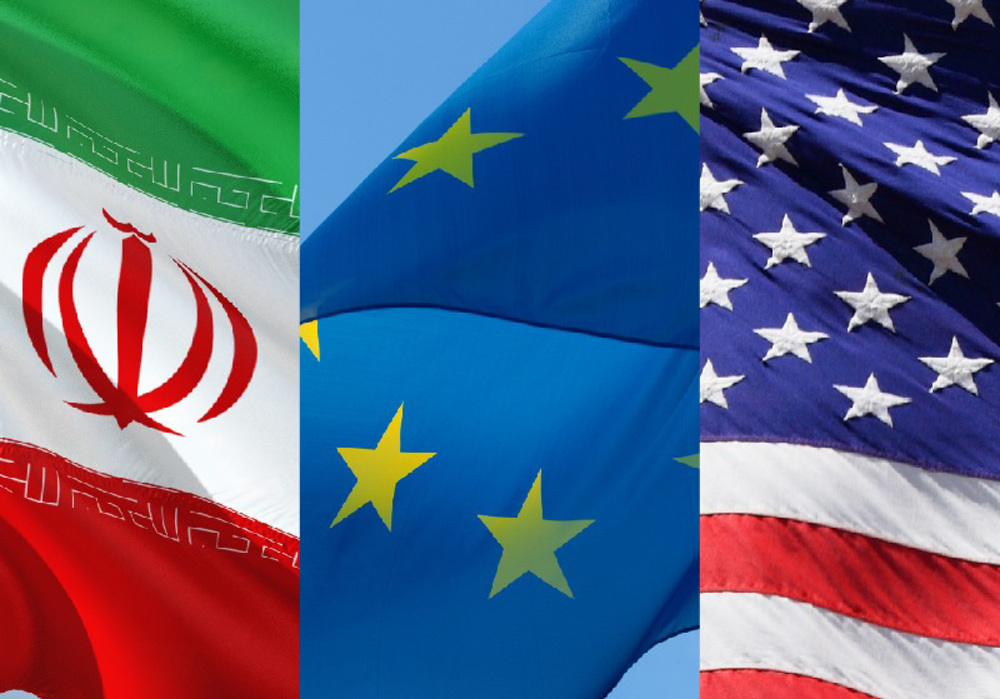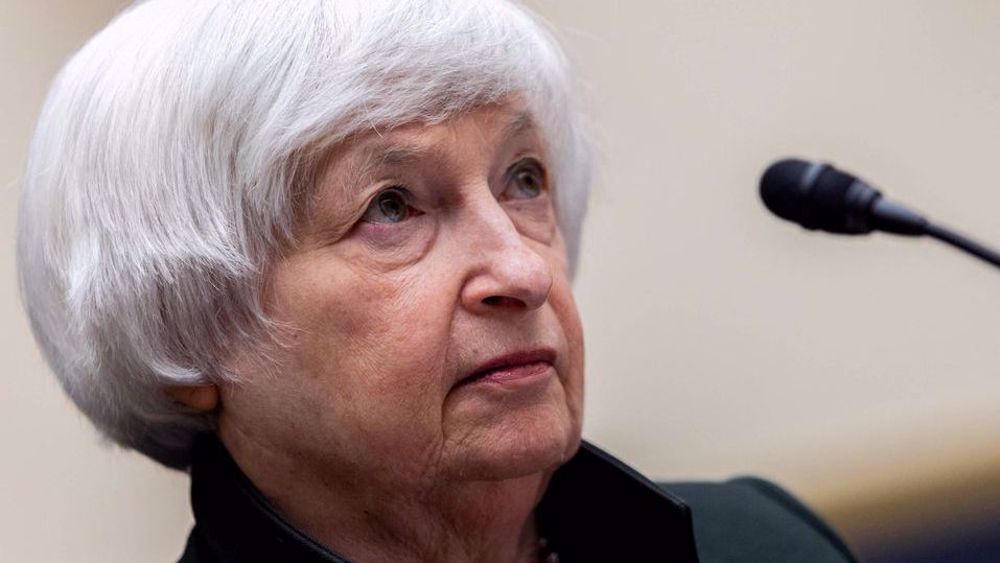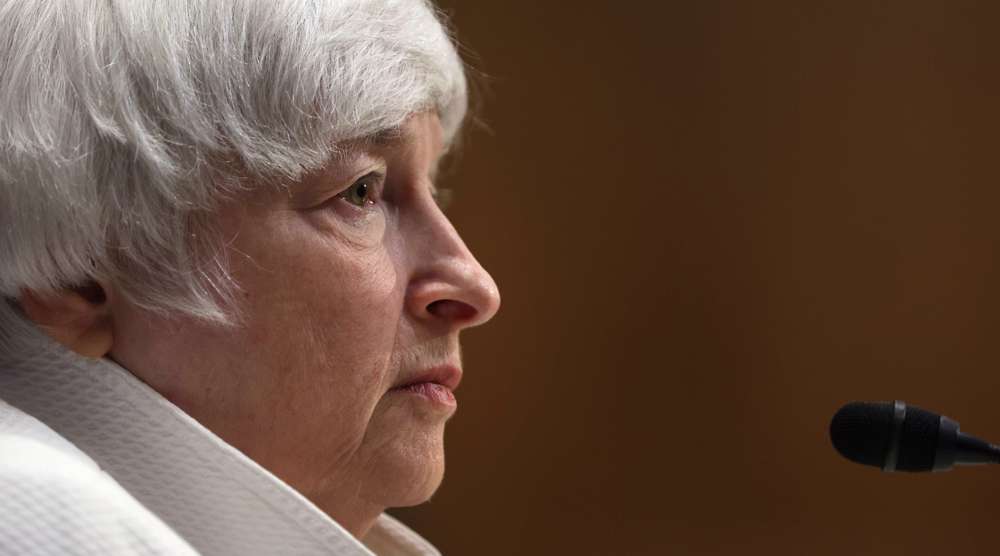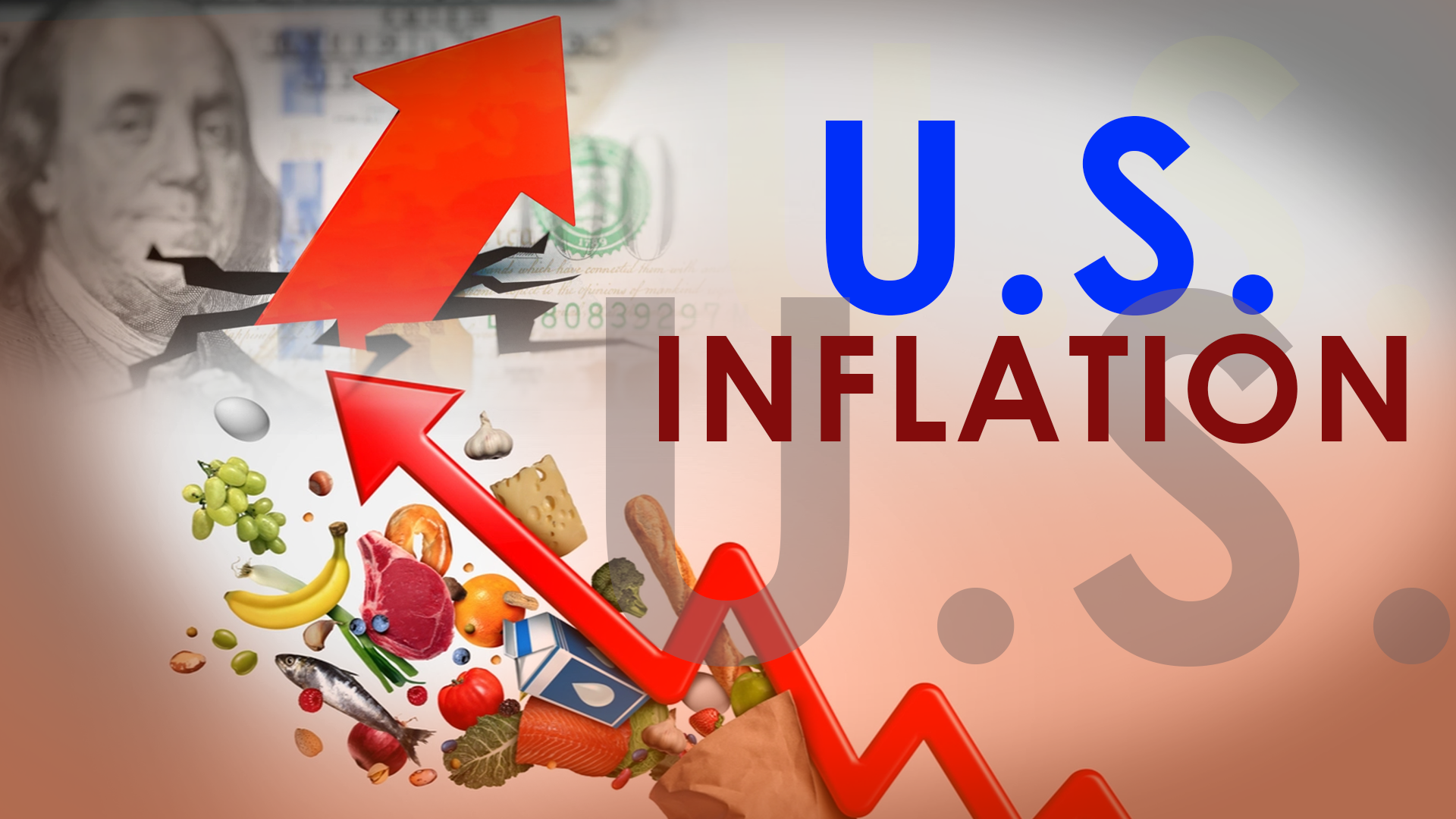Inflation in eurozone hits record 8.6% amid Ukraine war
An increase in energy prices in the world, which has intensified as a result of the Ukraine war, has inflicted unprecedented levels of inflation on people living in countries using the euro.
In June, the annual inflation in the eurozone countries reached more than 8.6%, exceeding the 8.1% recorded in May, with energy prices increasing 41.9%.
The price of oil has increased in recent months, partly due to the subsiding of the coronavirus pandemic and the war in Ukraine. This has caused the price of petroleum products to rise unprecedentedly in the world, especially in countries that use the euro in their transactions.
EU leaders have also decided to reduce their dependence on Russian oil to a minimum by the end of 2022. The 27-nation bloc’s leaders are determined to reduce their dependence on Russian fuel because of the country’s involvement in the war with Ukraine, bringing about the tough pressure of inflation in Europe.
On the other hand, Russia has in response stopped providing natural gas to some European countries, including Germany, Italy, Austria, France, and Bulgaria among others.
“Importantly, the oil embargo and gas supply squeeze that unfolded over the month of June have caused energy prices to soar,” ING Bank’s senior eurozone economist, Bert Colijn, wrote in a commentary.
The United States has also been hit hard by inflation.
Janet Yellen, the US Treasury Secretary, said early last month that President Joe Biden’s proposed spending bill could help lower costs for citizens, including for prescription drugs and clean energy initiatives.
“We currently face macroeconomic challenges, including unacceptable levels of inflation as well as the headwinds associated with the disruptions caused by the pandemic’s effect on supply chains, and the effects of supply-side disturbances to oil and food markets resulting from Russia’s war in Ukraine,” Yellen said.
Biden has described combating inflation as his “top domestic priority,” while the White House has been searching frantically for remedies.

Europe sidelined in indirect Iran-US talks

Spain granted 46 contracts to Israeli military firms since Gaza war began: Report

Spain cancels arms deal with Israeli company over Gaza aggression
VIDEO | Expo 2025 in Tehran showcases Iran trade, investment opportunities
VIDEO | Fresh US airstrikes target more Yemeni civilians
UN: US strikes in Yemen pose growing risk to civilians
VIDEO | Iran economic diplomacy
Iran mulls buying oil from Azerbaijan amid warming ties: Report
Israeli settlers storm al-Aqsa Mosque amid intensified West Bank raids
Canadians take to the polls as Trump renews US takeover push
Israel uses new 'Bar' guided rockets in Gaza genocide as death toll surges













 This makes it easy to access the Press TV website
This makes it easy to access the Press TV website